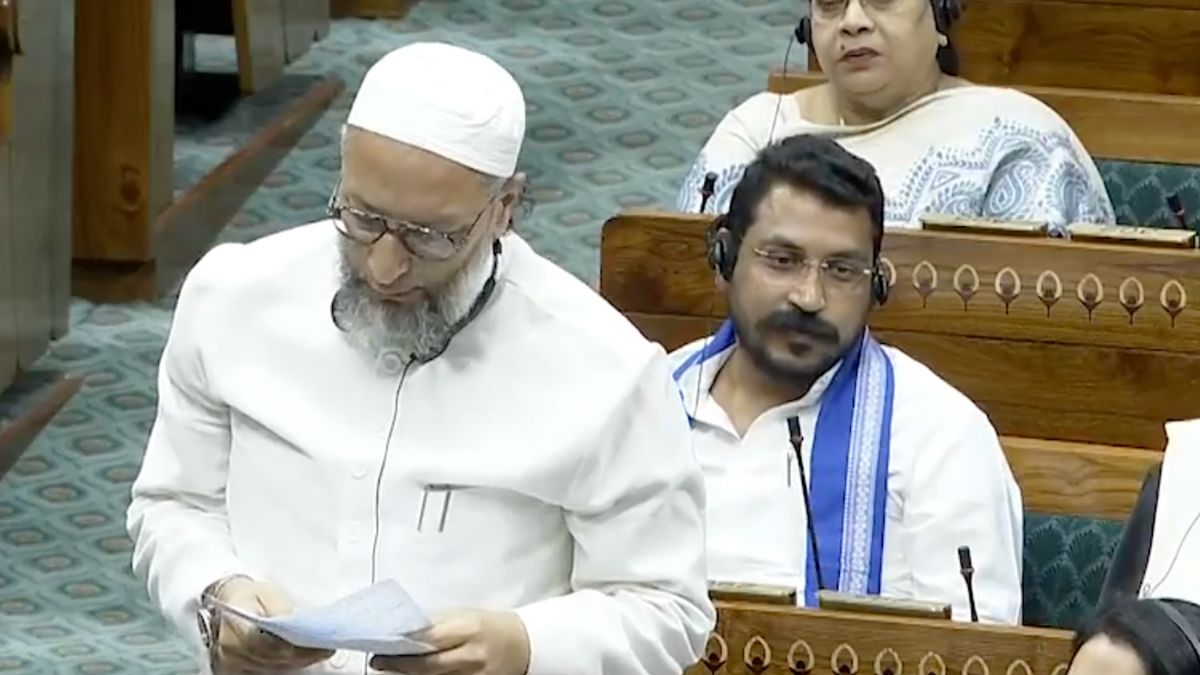In a historic midnight session, the Lok Sabha passed the Waqf (Amendment) Act, 2025 and the Mussalman Wakf (Repeal) Bill, 2024 following an intense debate that lasted more than 12 hours. The legislation, tabled by Minister of Parliamentary Affairs Kiren Rijiju, was passed with 288 votes in favour and 232 against.
The Bills aim to modernize waqf administration, reduce litigation, and improve the overall management of waqf properties. Around 40 amendments were proposed to the existing Waqf Act, 1995 (last amended in 2013). After widespread criticism and debate, the Bill was sent to a Joint Parliamentary Committee (JPC), whose recommendations were largely accepted.
Key clarifications and changes by the government
Kiren Rijiju and Home Minister Amit Shah assured that the amendments would not interfere with religious matters and clarified that provisions like ‘waqf by user’ will be applicable only prospectively, not retrospectively. Shah stressed that the bill intends to bring transparency and protect Muslim interests, not violate Article 25 of the Constitution.
Major objections and concerns raised by opposition
Several opposition parties including Congress, Shiv Sena (UBT), TMC, and AIMIM criticised the bill, calling it divisive. AIMIM’s Asaduddin Owaisi tore a copy of the bill, claiming it violated fundamental rights. Concerns ranged from misuse of the Collector’s power to the limited reservation for women in the Waqf Board.
Key controversial provisions and government stance
| Controversial Provision | JPC Recommendation | Government’s Response |
|---|---|---|
| Proof of practising Islam for 5 years to declare waqf | Broaden to include anyone demonstrating practice | Accepted recommendation |
| Omission of ‘waqf by user’ | Apply omission prospectively | Accepted; clarified by Rijiju |
| Power to decide waqf or govt property given to Collector | Replace ‘Collector’ with ‘Designated Officer’ appointed by State | Accepted and amended |
| Inclusion of non-Muslim members in waqf bodies | Include 2 non-Muslim (excluding ex-officio) members to ensure inclusivity | Not clearly committed to by government; left open |
| Waqf Tribunal decisions can be appealed to High Court | Tribunal to have 3 members including Muslim law expert | Accepted and revised Tribunal structure |
Other opposition concerns
- Congress MP Gaurav Gogoi raised concerns over dilution of women’s representation in the Central and State Waqf Boards, arguing that the 1995 Act had stronger provisions.
- Allegations that the JPC meetings were superficial, with members getting barely 15 seconds to speak, were also raised by Dr. Mohammad Jawed.
- Fears that revenue officers may not remain unbiased were echoed by multiple parties, especially since the Collector will now play a key role in dispute resolution.
Government’s broader defence
Amit Shah justified the bill as necessary to reverse the “vote-bank driven” 2013 UPA amendments, which he claimed resulted in improper transfer of properties including in Lutyens’ Delhi and temple lands in Tamil Nadu. He emphasized the bill aims to protect the poor, stop misuse, and bring clarity to waqf land ownership.
With the bill now passed in the Lok Sabha, it will head to the Rajya Sabha for final approval. The debate around waqf governance, religious autonomy, and property rights is likely to continue in the days ahead.


